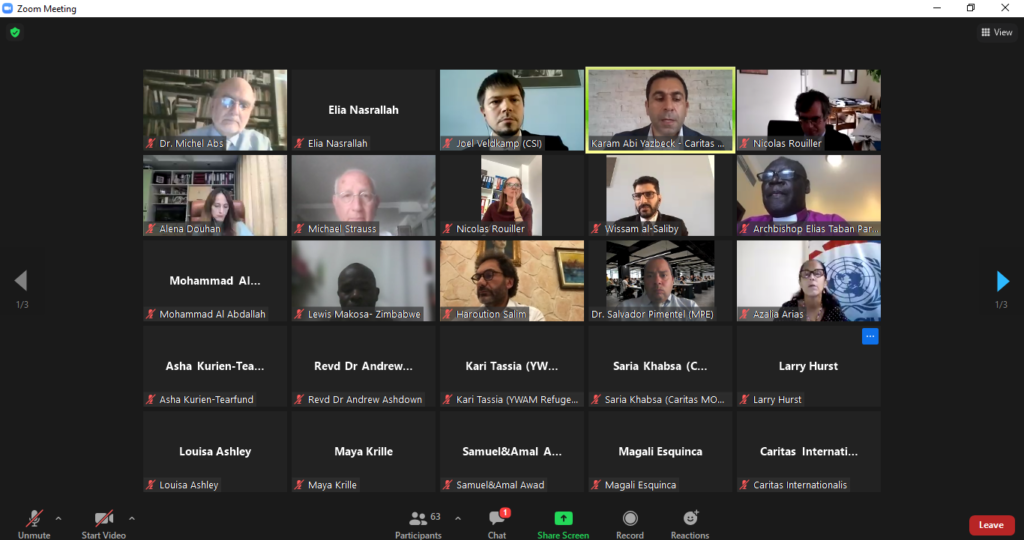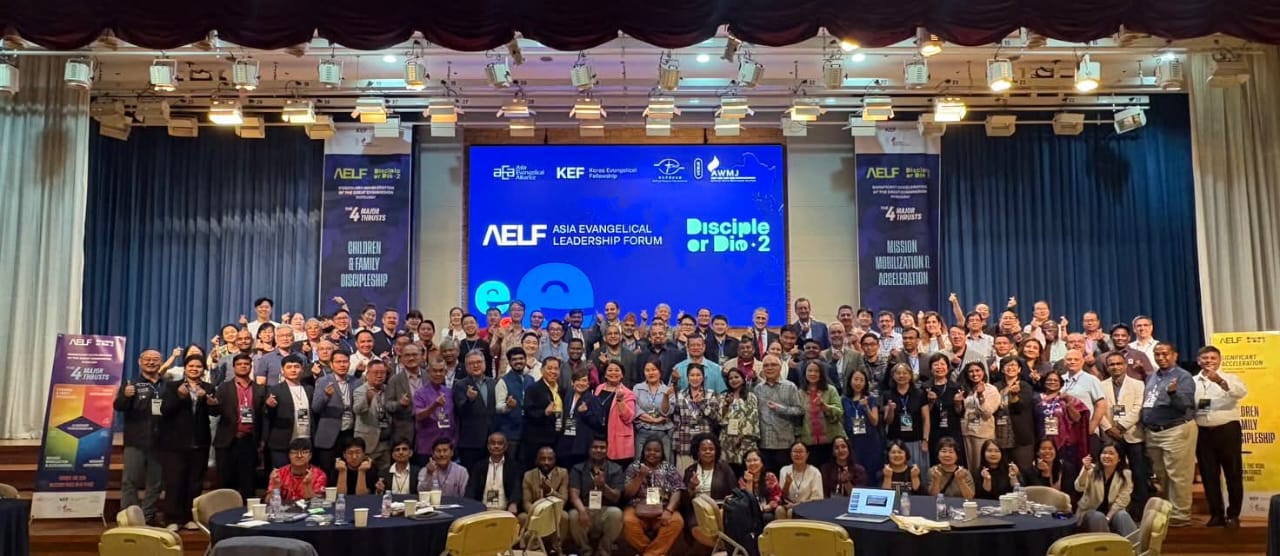The World Evangelical Alliance (WEA) highlighted the negative impact of unilateral sanctions on the ability of churches and Christian organizations to pursue essential ministries and to deliver humanitarian aid, at an online event held on Tuesday 28 September in the context of the 48th Session of the United Nations’ Human Rights Council in Geneva, Switzerland. The WEA calls on governments to remove sanctions that prevent churches from operating, and that prevent the population of a given country from accessing basic needs and services, and essential health supplies, including access to COVID-19 vaccines and treatments.
“States that impose sanctions typically include an exception for humanitarian organizations. But as manifested over the years and most recently by the Afghanistan crisis, the various sanctions regimes are making difficult, if not impossible, for churches and Christian charities to help those in most need. We urge countries not only to exclude religious and humanitarian organizations from sanctions, but to foster a climate of trust namely with the banking sector, to prevent greater harm to innocent civilians in need of essential support.” said Dr. Janet Epp Buckingham, Director of the Global Advocacy Department of the WEA.

The event, organized by the WEA and by Caritas Internationalis, featured remarks by Prof. Alena Douhan, United Nations Special Rapporteur on the Negative Impact of Unilateral Coercive Measures on the Enjoyment of Human Rights, Dr. Michel Abs, Secretary General of the Middle East Council of Churches, and Dr. Joel Veldkamp, International Communications Officer of Christian Solidarity International. It was moderated by Mr. Karam Abi Yazbeck, Regional Coordinator of Caritas Middle East and North Africa.
Webinar co-host Wissam al-Saliby, who serves as WEA Advocacy Officer at the UN in Geneva and spoke on behalf of the WEA Secretary General, said the WEA “received reports from our members that their work, and global partnerships, are made difficult or impossible in some countries because of sanctions, and that sanctions are contributing to the suffering of people and undermine human flourishing and dignity.”
While emphasizing that the WEA is not against sanctions as a tool in international relations, al-Saliby lamented that “today, in many countries, the humanitarian and human rights impact of Unilateral Coercive Measures on civilians is disproportionate to their stated goals.”
He went on to give examples of evangelical churches and organizations who sought to provide humanitarian relief but faced restrictions by governments or foreign banks that prevented them from doing their work in Syria or Lebanon. As much relief work is done by small organizations and churches, they also do not have the capacity or knowledge to navigate the complex sanction mechanisms or monitor every person that asks for food. “If a man is hungry and comes to the church for food, should the church push him away if he is on some government’s sanctions list? This delicate question is haunting many Christian organizations in Lebanon and Syria today,” al-Saliby noted.
Al-Saliby appealed for the removal of the sanctions that prevent churches from operating, that prevent the population of a given country from accessing basic needs and services, and that inhibit the reconstruction of basic infrastructure destroyed by the armed conflict.
“Until this happens,” al-Saliby added, “we ask sanctioning governments to take urgent action, so that their sanction regimes are not impacting civilians and do not prevent our constituency from pursuing their vital work.” WEA’s appeal includes for governments and donors to make sanction exemption mechanisms accessible to churches and aid organizations, small and big, and for governments to engage with their respective banking sector to ensure that fund transfers for humanitarian goods and for churches can continue unimpeded.




Stay Connected